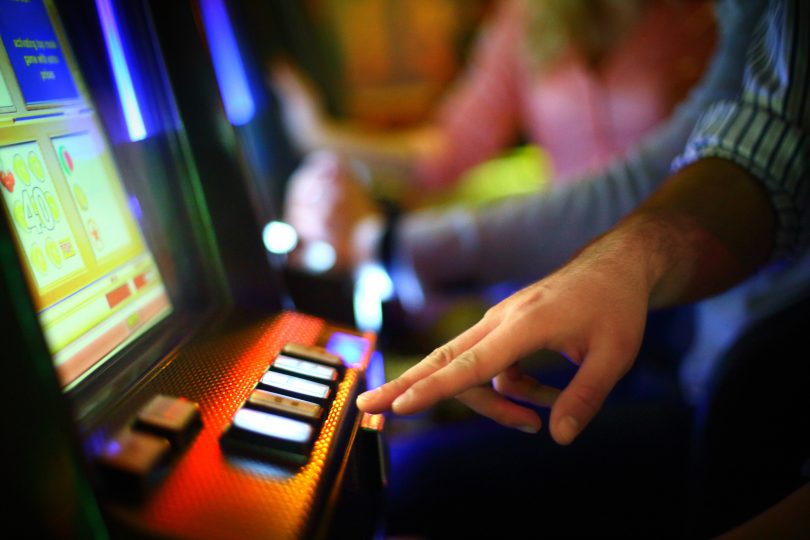
Young men are gambling at higher rates and report experiencing more harm than women. Photo: File.
While many Australians see gambling as harmless fun, the reality is that gambling can and does cause significant harm for individuals, families and the community.
The release last week of the latest ACT Gambling Survey provided damning information about the prevalence of gambling, its impact and the community’s attitudes to gambling reform in the ACT. This is the latest survey in a research series commissioned by the ACT Gambling and Racing Commission (GRC) every five years to better understand gambling trends and impacts in the ACT. This study was undertaken by the Australian National University.
This year’s survey paints a concerning picture of the impact of gambling in the ACT.
In particular, one-in-ten people report that they have experienced harm from gambling in the last 12 months, with more people reporting that a loved one had been impacted by gambling. This means that 44,000 people (14 per cent of the population) were harmed by their own or someone else’s gambling over the past 12 months.
The survey found that the level of harm for young men, in particular, is a major concern, given they are gambling at higher rates and report experiencing more harm than women.
In recent times there has been general community concern expressed about the rise of internet gambling. This research has revealed an increase in online gambling, although the most common form of online gambling is the purchase of lottery tickets. While online gambling remains an emerging issue to watch, this survey reveals that the pokies continue to cause the most significant harm in the community
People working to limit the impacts of gambling harm are not surprised that the survey has found that playing poker machines is the single most effective predictor of problem gambling.
These results confirm that how often you play the pokies, and how long you play them for, can significantly increase your risk of harm.
It noted that people spending more than one hour in a typical session on an electronic gaming machine were more likely to be experiencing harm than not (57.9 per cent), whereas people spending less than 10 minutes in a typical session had significantly lower risk. These harms could be reduced by tweaking pokies to introduce sensible limits that will not affect the gamblers who play without experiencing harm. Regulatory measures that do this include pre-commitment, limiting the amount you can bet each spin and limiting access to cash in gambling venues.
This survey has delved deeper into the issue of gambling harm than previous studies, not only exploring gambling harm more generally but also community attitudes to gambling reform.
The survey found that across the community there is a negative view of gambling, and those who suffer gambling harm tend to be stronger supporters of regulation. The Canberra community is most concerned about online gambling and mobile apps and poker machines, and 64 per cent of survey respondents stated that poker machines do more harm than good.
It also tested ideas that have been raised by the Productivity Commission, researchers and gambling reform advocates around how regulation may be able to reduce the risk of harm around particularly risky forms of gambling like poker machines.
The survey found that 71 per cent of people in the ACT were supportive of a pre-commitment scheme in gambling venues, 49 per cent believed that the maximum bet limit on the pokies should be changed, 49 per cent believe that the EFTPOS withdrawal limit should be changed, and 46 per cent believed that the limit for ATMs should be changed.
Sensible gambling reform is an issue that I have been working on for a number of years, and this report demonstrates that the community will support governments who introduce evidence-based reforms to reduce harm. These results provide yet more evidence that the current regulatory regime is failing to adequately protect Canberrans from gambling harm and need to be strengthened. Canberrans are interested in seeing changes such as the introduction of pre-commitment, reduced access to cash in gambling venues and reduced bet levels per spin – a large number of people agree that there is no need for gambling to cost an individual more than $1000 per hour.
I think it is time for the ACT Government to do more to reduce the risks of a product that we know is creating harm in the community. What do you think?
Rebecca is co-chair of the Canberra Gambling Reform Alliance, an Alliance of community organisations and individuals who are actively calling for significant reform of gambling legislation to reduce gambling harm. She is an active member of the ACT Greens and stood as a candidate in the 2016 Territory election.





















